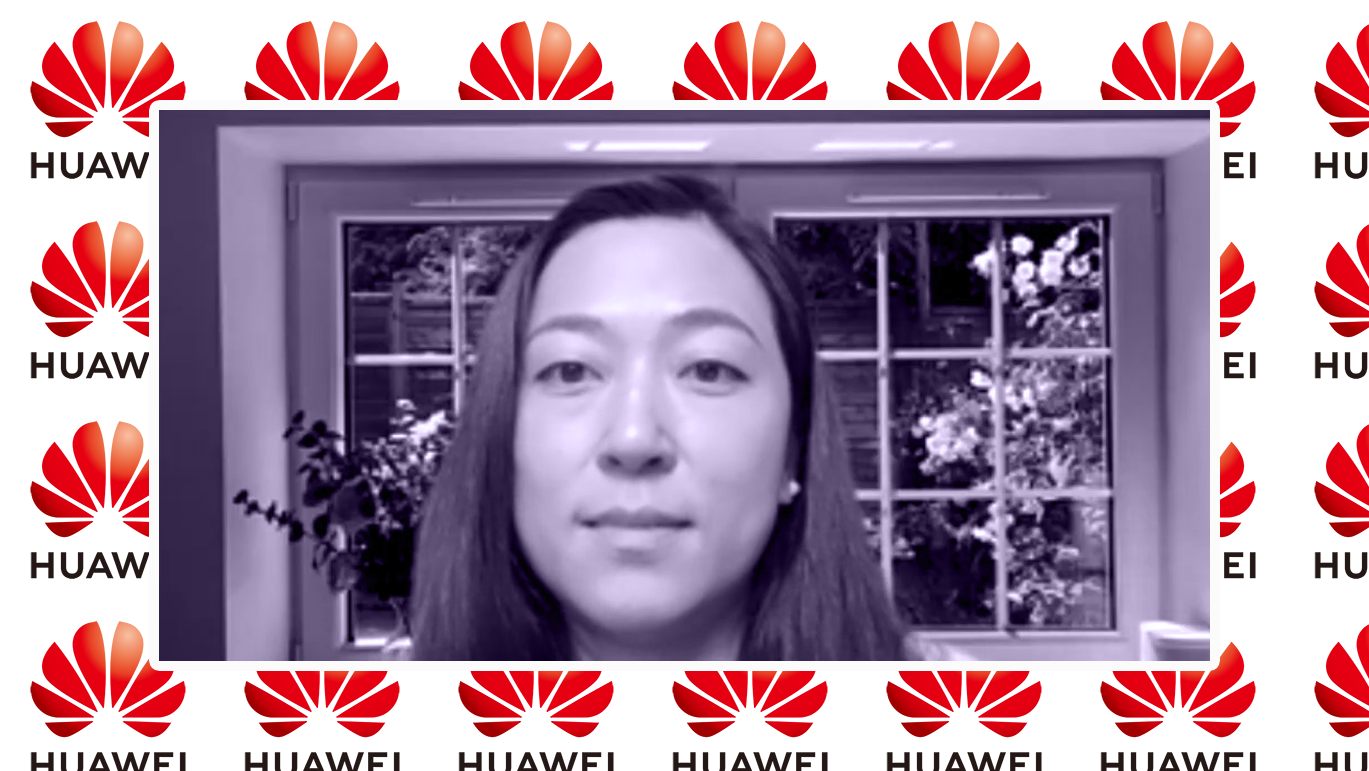Huawei asks UK government to overturn ‘harmful’ 5G ban
In a recent interview, and via a 5G webinar today, two Huawei execs have described the decision to ban Huawei from the UK’s 5G network as ‘harmful’, ‘political’, and having a ‘huge economic impact’.

In a webinar today, titled ‘Connecting or dividing?: The impact of 5G and the 5G roll-out delay’, Wenbing Yao, VP of business development and partnerships at Huawei UK, explained how the decision to ban Huawei from 5G infrastructure didn’t reflect the company’s contribution to the UK.
"We have a track record to prove that we can provide a reliable and trustworthy infrastructure to the UK. What exactly changed this year? "
Wenbing Yao, Huawei UK.
“Huawei has been operating in the UK since 2001, and in the past 20 years we have proved that we are a reliable partner, and have contributed around £3.3bn to the UK’s GDP,” Yao said. “So we have a track record to prove that we can provide a reliable and trustworthy infrastructure to the UK. What exactly changed this year? I don’t see the change from moving from 4G to 5G.”
And in a recent Guardian interview, Huawei vice president Victor Zhang agreed with his UK counterpart, saying that Huawei’s omission wouldn’t just remove money from the UK’s economy, but that it would also cause significant delays in roll-out.
“The government itself has said it will lead to a three-year delay in the rollout of 5G, and this will have a huge economic impact,” Zhang told The Guardian. “Many people are surprised by the scale of the impact of this delay. Third-party research by Assembly, an independent research firm, shows this delay will have an £18.2bn impact.”
"This is a political decision"
Huawei has made no secret of its belief that this decision was not based on security implications, but on the trade war between the US and China, begun by the outgoing Trump administration. And it hopes that the change of president in the US may lead to a rethink of Huawei’s involvement in the UK.
"It’s widely accepted that this is a political decision. And the UK government has made a decision that we regret, and we think it’s a decision that’s not good for the UK economy."
Wenbing Yao, Huawei UK.
“It’s widely accepted that this is a political decision,” Yao explained. “And the UK government has made a decision that we regret, and we think it’s a decision that’s not good for the UK economy, and which is harmful to the UK’s consumers. How can we change it? My personal view is that the UK government and the UK’s industry should stay with an open market policy, and allow us – but not only Huawei, because this affects many other Chinese companies – to follow our own road, and to make further contributions to the UK economy.”
Widening the north-south divide
In his Guardian interview, Zhang also flagged up the effect that removing Huawei would have on the UK’s widening north-south divide, and he claimed that targets set by the government are also unlikely to be hit.
Get up to speed with 5G, and discover the latest deals, news, and insight!
“The government is committed to superfast broadband by 2025, and with this decision the objective of levelling up becomes unachievable,” Zhang warned.
According to the UK government, in May 2020, the US changed a “subtle and detailed export control rule” called the ‘Foreign-Produced Direct Product Rule’ (FDPR). The amended rule made an explicit statement that no company, regardless of where it might operate, could be part of the Huawei supply chain, if US technology was used in the design tools or manufacture processes. Huawei is clearly hoping that the incoming US president, Joe Biden, will take a more pragmatic approach towards Chinese tech, which would in turn give the UK a chance to rethink.
"We are open to supporting industry and the UK government, so we can work together with partners to develop a more diversified supply chain.”
Wenbing Yao, Huawei UK.
“The UK has always been an open market, and the UK has the ambition to become leaders in 5G,” said Yao. “Huawei will continue to invest in the UK, and we are open to supporting industry and the UK government, so we can work together with partners to develop a more diversified supply chain.”
Whether that supply chain includes Huawei in the UK will require a number of U-turns, and some potential embarrassment, but the UK can ill-afford delays in its 5G infrastructure, and with economic uncertainty at an all-time high, there will be growing support for a rethink of the UK’s approach as we enter 2021.
- Why 5G small cells are vital for mmWave 5G
- Get updates on the hottest 5G stocks
- Discover the truth behind 5G dangers
- 5G towers: everything you need to know
Dan is a British journalist with 20 years of experience in the design and tech sectors, producing content for the likes of Microsoft, Adobe, Dell and The Sunday Times. In 2012 he helped launch the world's number one design blog, Creative Bloq. Dan is now editor-in-chief at 5Gradar, where he oversees news, insight and reviews, providing an invaluable resource for anyone looking to stay up-to-date with the key issues facing 5G.

